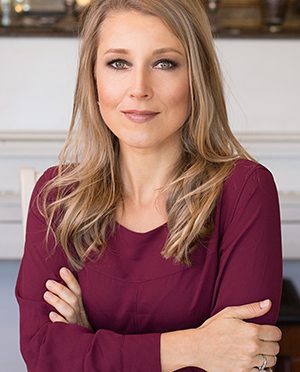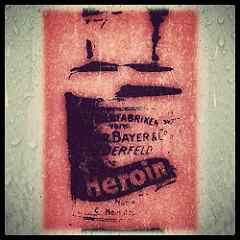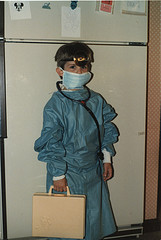Podcast: Play in new window | Download (Duration: 1:02:39 — 86.1MB)
Subscribe: Spotify | RSS | More
A look at the people valued more as functioning machines than as people

[We had an interview show lined up for this week’s show, but sucky winter weather intervened to ruin our guest’s travel plans. C’est la vie! We’ll be back next week with a new show, so stay frosty.]
This past week, the Carver College of Medicine hosted its 12th annual Examined Life Conference. Our featured presenter, journalist and memoirist Sarah Smarsh, grew up in a family of farmers and teen mothers in Kansas. Her family, laborers trapped in a cycle of poverty, made the kinds of choices that poor people must make in rural America–whether to eat or seek medical attention, for instance. Decades of inattention–and scorn–from politicians and the media have widened this class divide, and have sent the inexorable message that their voices don’t matter. Ms. Smarsh’s recent book, Heartland: A Memoir of working Hard and Being Broke in the Richest Country on Earth, tells the tales of her family’s struggles with poverty, addiction, workplace injuries, and family violence that many economic and political elites don’t have the background or will to truly understand.
Though Ms. Smarsh has managed to escape the cycle, she has retained her citizenship in–and love for–that largely unexplored country, and offers a deep look at what it’s like to be poor in the wealthiest and most powerful society on the planet. Our executive producer Jason T. Lewis, Rob Humble, Gabe Conley, Teneme Konne, and Christopher Portero Paff talk with Ms. Smarsh about what the working poor are facing, how our willful lack of understanding shapes our perceptions of their struggles, and why it’s crucial that medicine encourages and welcomes them as providers.
We Want to Hear From You
Your voice does matter. So call us at 347-SHORTCT anytime, visit our Facebook group, or email theshortcoats@gmail.com.
Continue reading Recess Rehash: Poor: a deadly diagnosis in America, ft. Sarah Smarsh









